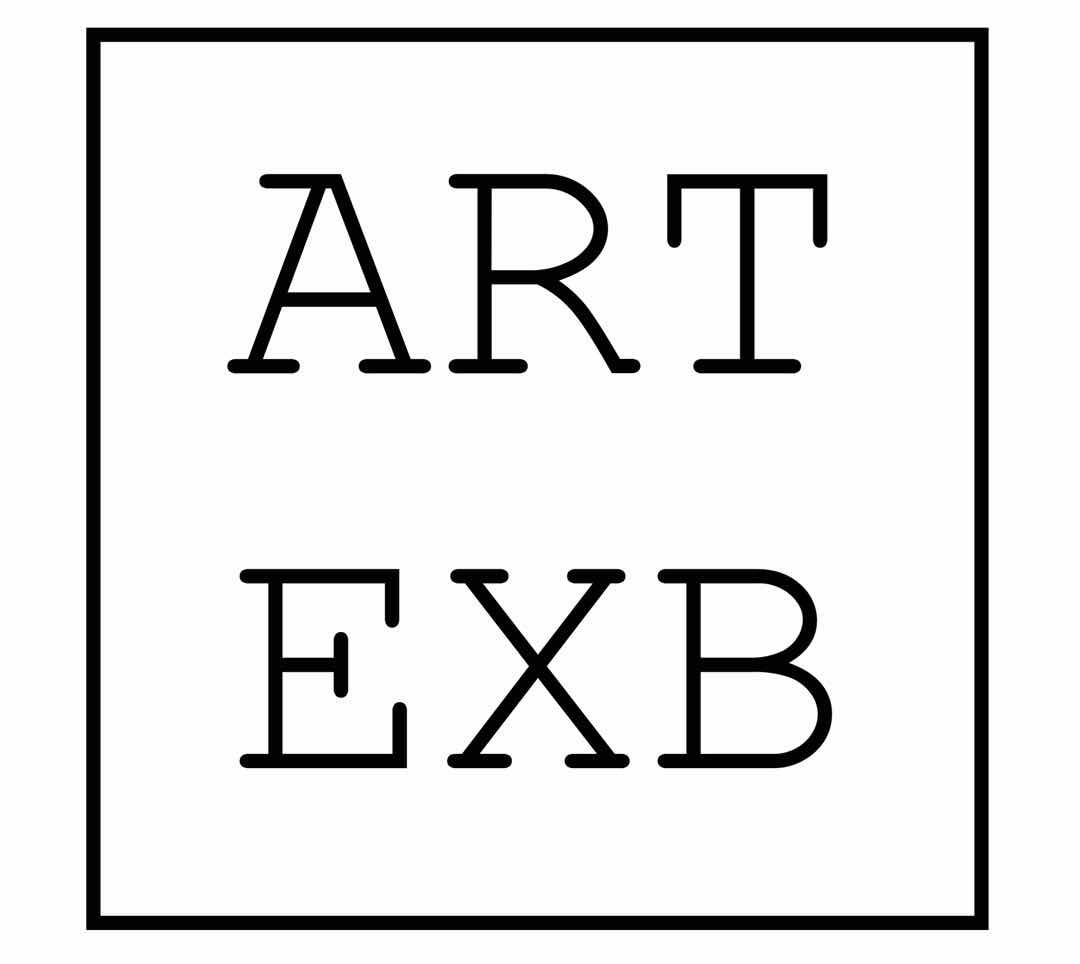Three years, 855 oil paintings in various scales, these record a nation in which imaginative worlds and profane life coexist. From wok, bowl, dipper, basin, furniture and electrical appliance, to a shrine dedicated to the god of fortune with lit candles, to countless strange figures, gods, and daemons, as well as a scape of absurd landform. Thus is the world the young artist Dong Yuan wants to construct: splendid and bizarre while plain and mundane, going beyond reality while seeking source from reality. In this world all beings exist in particular places and orders, varied, colorful, lively, these beings strive and prosper between earth and sky.
Earth is beneath, firm and warm, growing apples and crops; heavens are above, vast and deep, gods and daemons each serve a designated function. Mundane scenes of the mortal realm and fantastical views of the heavens are combined to create a harmonious universe, thus is Dong Yuan’s beautiful new world: on one side, there is Bosch’s garden of delight—a sky full of gods, little monsters different kinds of existences and mechanical beings, they dance joyously on a barren planet; on the other side, there is the world within grandmother’s house—shrines of the three gods of auspiciousness, fortune, and longevity sitting next to the dimly lit, warm traditional Chinese kitchen counter, the living room and bedroom stuffed with furniture, electrical appliances, tea cups, Chinese New Year folk drawings and books. This is a transcendental encounter, as well a cross-cultural visual feast: when the Eastern god of fortune comes across the Western judge of the heavens; when the Chinese Guan Yin chances upon Adam from the Genesis, what would happen in this world? In this world, to dive into and to escape out of the mortal realm, secularity and transcendence, the East and the West, these are no longer two-dimensional paradoxes. Life and mythology permeates each other, imagination and reality overlap and coincide. Therefore, religious sentiments and imagination toward the metaphysical world become tinged with the colors and scents of everyday life.
To the young artist Dong Yuan, the world within grandmother’s house was the context of her life’s initial visual memory as well as the earliest source of her worldviews. These represent the most unadorned and down-to-earth way of living and experiencing. Meanwhile, Bosch, one of the first European masters of surrealism, and his absurd, spectacular space point toward the artist’s subconscious desire to travel beyond daily profanity. Dong Yuan reassembles her visual memory of grandmother’s house through one after another large or small picture. Each object in grandmother’s house, although mundane and plain, contain a soulful, ritual essence; however, with the same creative manner, Dong Yuan deconstructs Bosch’s garden of delight, in a way, what Bosch had created with his paint brush walked off of their dazzling stage, and entered into the smoke-filled, flame-burnt realm of the morals. (WEI Xing)
